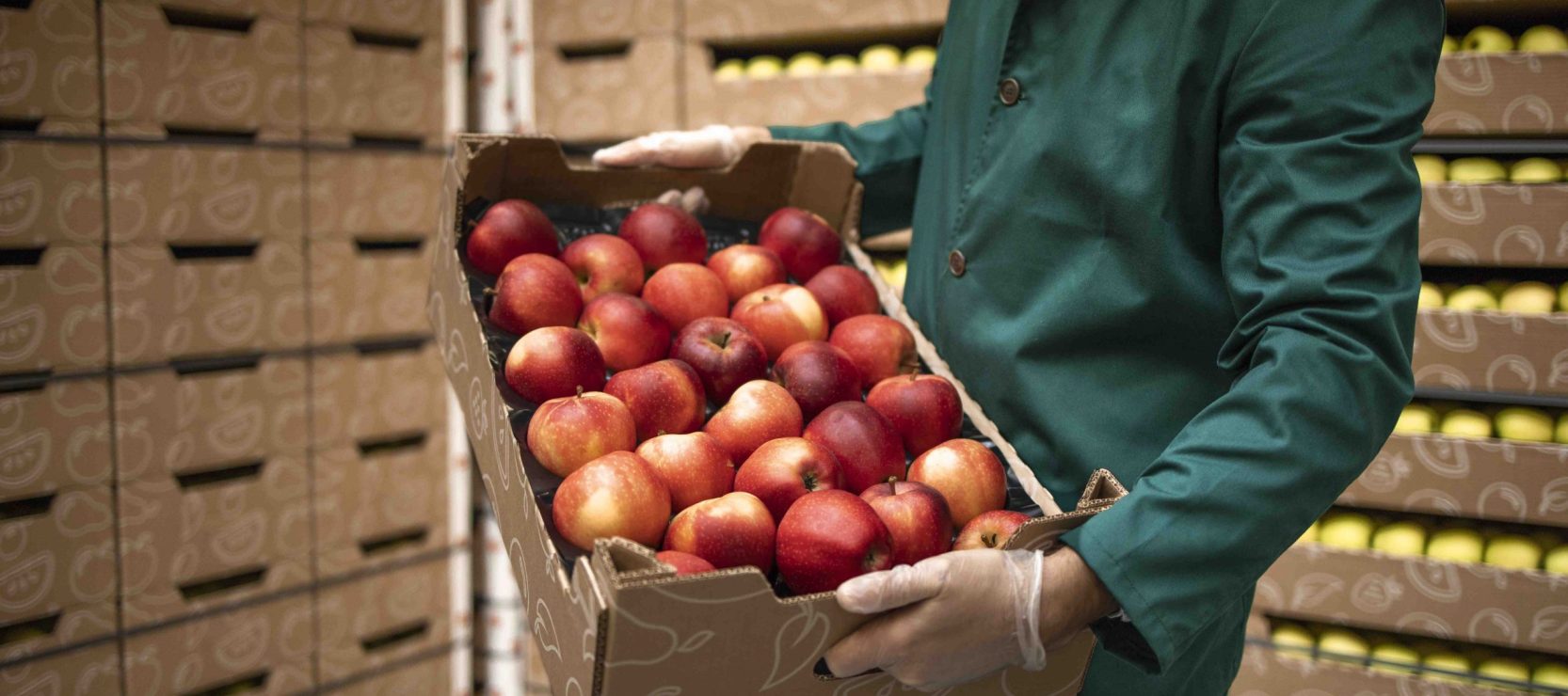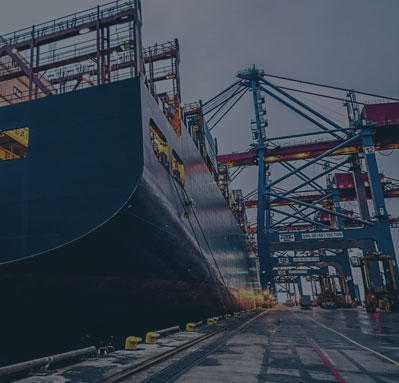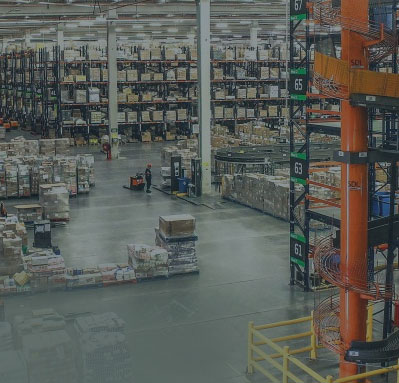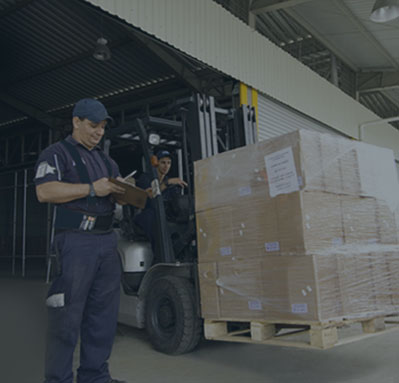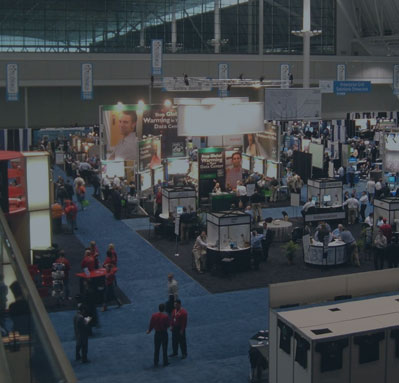Dubai, an energetic and thriving metropolis nestled within the United Arab Emirates (UAE), has swiftly ascended as a global epicenter for trade and commerce. Recognized for its strategic location, world-class infrastructure, and exceptionally business-friendly environment, Dubai offers an ideal haven for entrepreneurs seeking to expand their foothold in the food industry through imports. However, the triumph of food imports in Dubai hinges significantly on a deep understanding and unwavering compliance with the intricate web of regulations governing this sector. In this comprehensive guide, we embark on a journey to unravel the pivotal elements of food importation into Dubai, ensuring a seamless and triumphant voyage for your enterprise.
Understanding the Importance of Regulations
Businesses must understand why regulations are so significant when it comes to food imports in Dubai. The UAE places a high emphasis on food safety, quality, and consumer protection. These regulations are designed to ensure that imported food products meet stringent standards, are safe for consumption, and do not pose any health risks to consumers. Failure to comply with regulations can result in severe consequences, including fines, product confiscation, or even business closure. Therefore, it is imperative for anyone involved in the food import business in Dubai to understand and adhere to the regulations.
The Regulatory Bodies
The first step in successfully navigating food import regulations in Dubai is identifying and understanding the key regulatory bodies responsible for overseeing this sector:
1. Ministry of Climate Change and Environment (MOCCAE)
MOCCAE is the primary regulatory authority in Dubai responsible for setting and enforcing food safety standards. They oversee the importation, labeling, and distribution of food products in the UAE.
2. Dubai Municipality (DM)
DM plays a crucial role in ensuring food safety and quality within the emirate. They are responsible for inspecting food establishments, issuing licenses, and setting food safety standards for local and imported products.
3. Dubai Customs
Dubai Customs is responsible for clearing goods at the port of entry, including imported food products. They play a critical role in facilitating the smooth flow of imported goods through customs procedures.
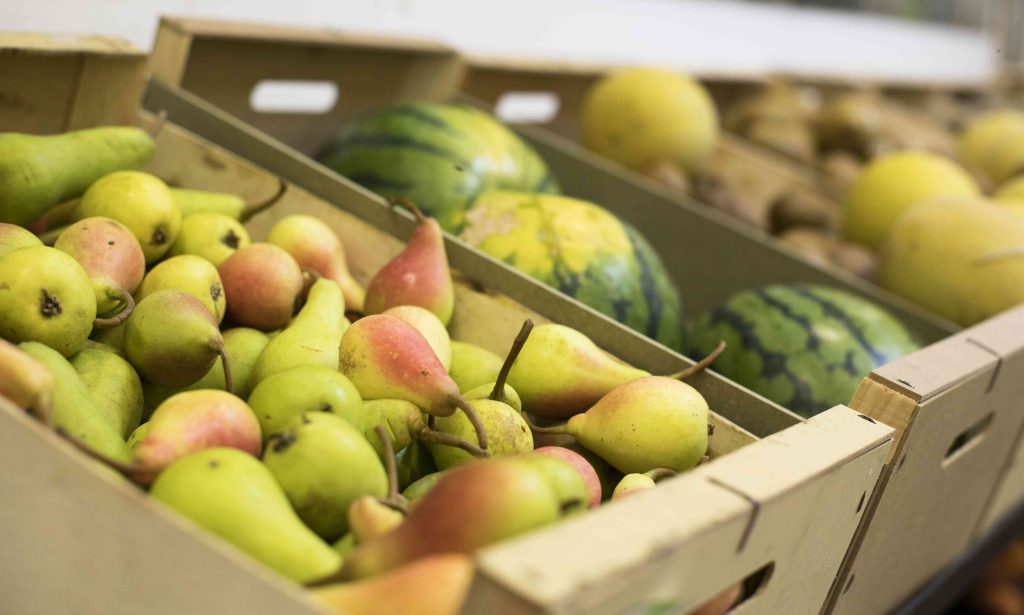
Essential Steps for Successful Food Imports
In the process of bringing your food product to market in the United Arab Emirates (UAE), several key steps must be followed to ensure compliance and successful distribution.
Step 1: Product Classification and Compliance Assessment
Begin by accurately categorizing your food product, recognizing that different categories come with unique requirements. Conduct a Compliance Assessment to ensure your product aligns with UAE and Dubai regulations regarding labeling, packaging, and ingredients.
Step 2: Registration and Licensing
Register your food import business with the Ministry of Climate Change and Environment (MOCCAE) to secure an importer’s code. Determine whether your specific food product requires MOCCAE registration. Depending on your business, acquire any additional permits or licenses from Dubai Municipality or other relevant authorities.
Step 3: Labeling and Packaging Compliance
Ensure compliance by including Arabic labels on all food products. Thoroughly review packaging to meet this requirement and accurately display nutritional information. Clearly indicate any allergens present.
Step 4: Food Testing and Certification
For certain products, conduct laboratory testing to meet safety and quality standards. Consider obtaining Halal certification for products intended for the Muslim market.
Step 5: Customs Clearance and Attention to Detail
Prepare comprehensive documentation, including invoices, certificates of origin, and import permits, for customs clearance. Be ready for customs inspections, which may involve product sampling and testing.
Step 6: Distribution and Storage
Maintain proper temperature control, particularly for perishable goods, to prevent spoilage. Adhere to distribution and transportation regulations set by the Dubai Municipality for compliant product distribution in the UAE. These steps will help you navigate the regulatory landscape and successfully introduce your food product to the UAE market.
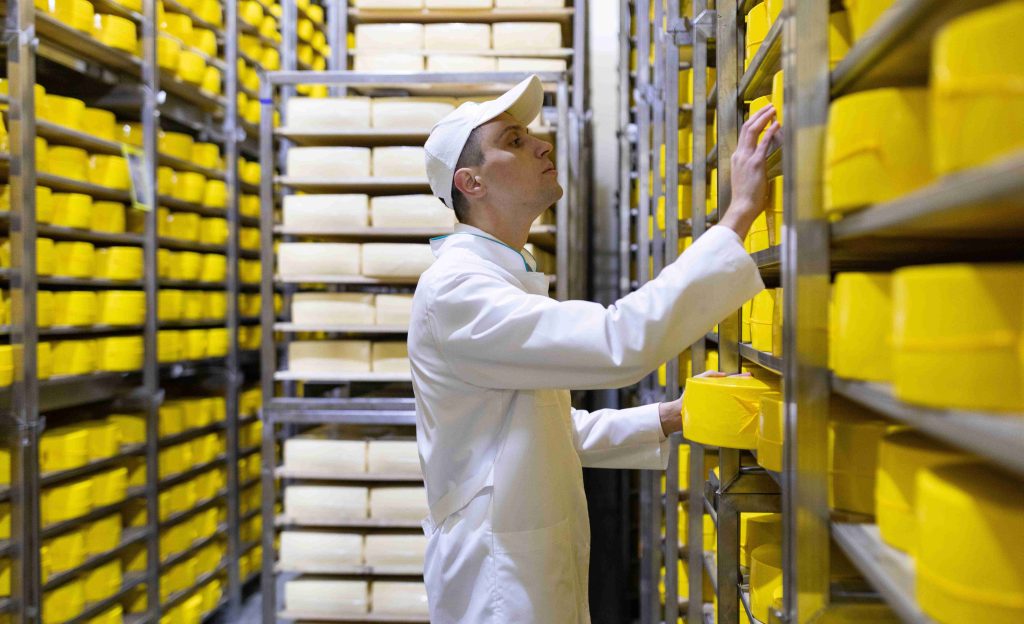
Common Challenges and Solutions
Navigating food import regulations in Dubai can be complex, and importers often face challenges along the way. Here are some common challenges and ways to address them:
Language Barrier
Challenge
Importers who do not speak Arabic may find complying with the requirement for Arabic labeling a daunting task.
Solution
To surmount this challenge, consider enlisting the expertise of a local consultant or proficient translator. Their assistance will ensure precise Arabic labeling, allowing you to navigate this regulatory requirement seamlessly.
Product Testing Costs
Challenge
The costs associated with laboratory testing for compliance can pose a significant financial burden.
Solution
To address this challenge, allocate resources to implement rigorous quality control measures within your production and supply chain processes. By doing so, you can minimize the risk of test failures, reducing the additional costs associated with retesting or non-compliance.
Customs Delays
Challenge
Delays in customs clearance procedures can disrupt your supply chain and lead to complications.
Solution
Collaborate closely with seasoned customs brokers who possess expertise in managing food imports. Their knowledge will expedite the clearance process and help you navigate potential bureaucratic obstacles. Additionally, plan your logistics and transportation schedules meticulously to minimize the impact of customs delays on your operations.
Changing Regulations
Challenge
Regulations governing food imports can evolve over time, requiring businesses to adapt swiftly.
Solution
Stay proactive by regularly monitoring updates and announcements from regulatory authorities. Engage legal experts or regulatory advisors who specialize in Dubai’s food import regulations to ensure your compliance with the latest requirements. Continuously review and update your internal compliance procedures and documentation to reflect any regulatory changes, safeguarding your business’s standing with authorities.
Navigating Food Import Regulations with Cargoline
Are you ready to streamline your food import operations and overcome regulatory challenges with confidence? At Cargoline, our team of experts is dedicated to simplifying the complexities of food imports. From navigating import regulations to ensuring smooth customs clearance, we are here to help. Don’t let language barriers, testing costs, customs delays, or changing regulations hinder your success.
Contact Cargoline today, and let us help you navigate the path to seamless and profitable food imports in Dubai. Your success is our priority!
